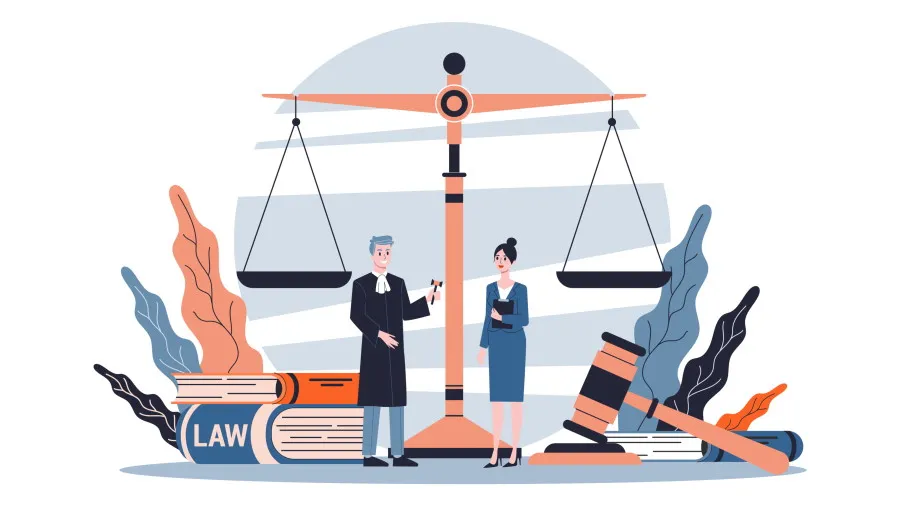A CCJ is a court order issued in England, Wales and Northern Ireland, if you fail to repay a sum you owe. It will be sent following a default notice or warning letter, if you have continued to fail to repay the amount you owe. A CCJ can be sent by any of your creditors and it’s important you deal with it immediately.
What should I do if I get a CCJ letter of claim?
If you’ve received a letter of claim, it’s very likely that you’ve had preceding correspondence to inform you of missed payments, such as a default notice, that may have been ignored.
The claim form gives you the opportunity to challenge the debt if you don’t think you owe it, or to come to an agreement before it reaches the courts. Receiving this form could be an indicator that you need some debt advice.
The forms will contain a statement for the debt, a financial statement for you to complete (this helps calculate what you can afford to pay back) and a reply form.
You’ll need to complete the financial statement as accurately as possible; you can seek debt help via Angel Advance if you’re struggling with this.
You need to return the forms within 30 days, if you don’t, you’ll probably receive a CCJ Claim form soon after the 30-day period lapses.
What should I do if I receive a CCJ claim form?
You must respond to the claim form within 14 days, if you don’t the creditor could ask the courts to set payments to an amount they wish, which is usually in full.
If you don’t agree with the claim you can submit an N9B form to dispute it; you will need to provide additional evidence and may need to attend the court hearing yourself. If your defence is rejected, you may incur additional costs.
If you owe the money but can’t afford to pay it in one go, you’ll need to complete an N9A form. If the creditor agrees, you can pay back at an affordable rate – if they don’t, the courts will make the final decision. Don’t forget you will need to be able to make payments to your other debts in addition to the amount agreed in the Court order.
I have a CCJ – what now?
It’s important to pay it as agreed, as if you don’t, the credit can take further legal action against you, such as appointing bailiffs or deducting the payment directly from your salary – known as an attachment of earnings.
If you’re a homeowner, the creditor may want to secure the debt against your home by way of a charging order.
If you are worried about not being able to make the payments, there are ways that you can vary the amount or become protected from further action by that creditor. It is a good idea to discuss your options with a professional advisor.
If you’d like some advice on how to manage your debts and prevent CCJs, you can speak to Angel Advance’s expert debt advisors in confidence on 01925 599400 or use our Online Debt Advice Tool.


